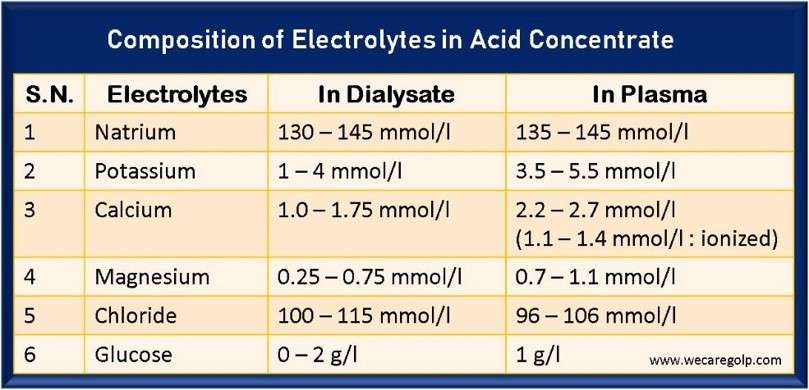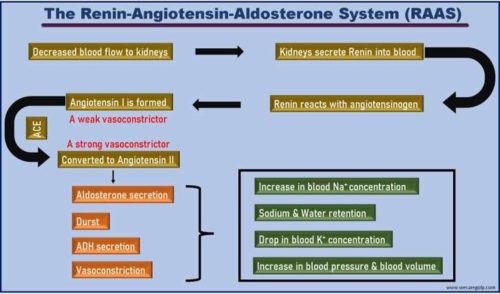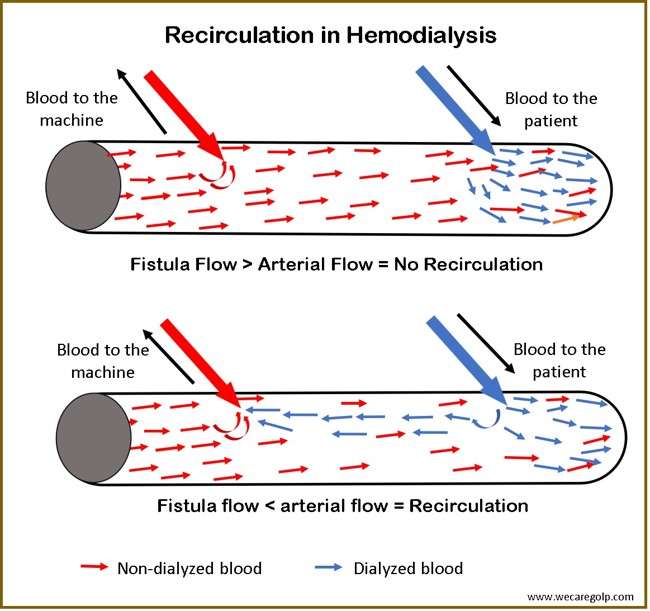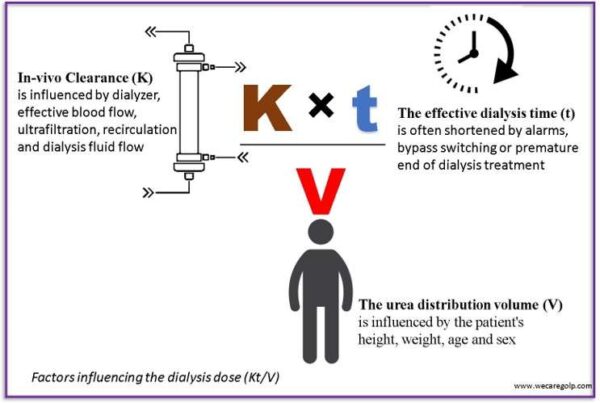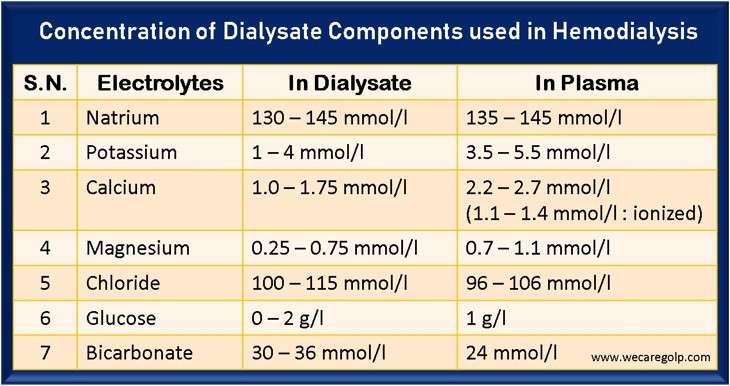Understanding Medical Terms: A to Z
Medical terms are a language that describes diseases, symptoms, processes, medical procedures, human body components, and pharmacology. They are utilized in the clinical and medical fields. This article covers all medical terms alphabetically and their meanings, starting with the letters A through Z. Medical Terms with A Medical Terms with B Medical Terms with C … Read more


